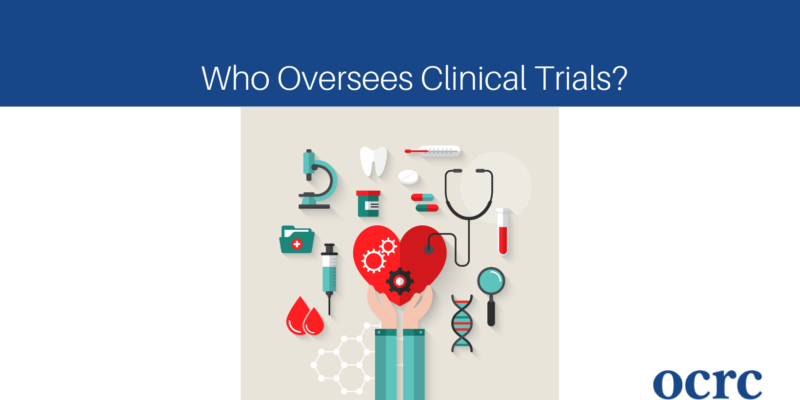
Clinical trials are carefully conducted studies—using human volunteers—which are used to test potential medical treatments with an end goal of receiving an FDA approval for usages in a wider population. Any and all medical breakthroughs currently being used have, at some point, gone through the close observation during the clinical trial phases process. Because clinical studies rely on human subjects, it is important that they are conducted in safe, ethical ways.
Before clinical research ensues, it must first be approved by an institutional review board (IRB). When conducting clinical trials, researchers should maintain communication with their study participants. Before volunteering to participate in a clinical trial, be sure that you are able to answer all of the important questions and that you know exactly what to expect. These should be laid out clearly in an informed consent form, which includes a summary of the clinical trial, treatment procedures and schedules, and risks and benefits. It will also lay out all of your rights as a volunteer. This includes the right to leave the study at any time.
A Data Safety Monitoring Board (DSMB), which is a group of research and study topic experts, is required for all National Institutes of Health phase III clinical trials, in addition to earlier phase trials which involve more high-risk treatments. The DSMB reviews clinical trial data for any safety issues or differences in results among certain groups. Some trials may also be stopped early by the DSMB if they are causing harmful effects or revealing patient risks.
What is a Principal Investigator?
A Principal Investigator (PI) is the person in charge of conducting a clinical trial. The PI is responsible for ensuring that the study is following all regulatory requirements and meeting the internationally recognized standards for Good Clinical Practice (GCP). The PI is also responsible for making sure that all volunteers receive appropriate medical care related to the clinical trial.
Before beginning a clinical trial, researchers must first submit an Investigational New Drug (IND) application to the FDA. This application should include data about side effects that may cause harm. Additionally, included are manufacturing information, clinical protocols, and any prior human research data.
The FDA may be involved at any point in the drug development process. This may be before completing an IND application, during the study (for guidance), and after the study to assess results. Developers may ask for help at any time, but are not required to take the FDA’s advice. FDA-approval of the medical treatment itself takes place within a structured framework including analysis of target condition and currently available treatments, evaluation of benefits and risks from clinical research, and strategies for managing risks. How can I learn more?
ClinicalTrials.gov and CenterWatch.com provide listings for clinical trials which are recruiting participants. Additionally, your own doctor and/or community hospital may be involved in clinical trials. You can always contact us to inquire about current research volunteer opportunities.
